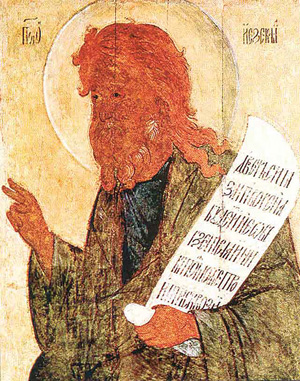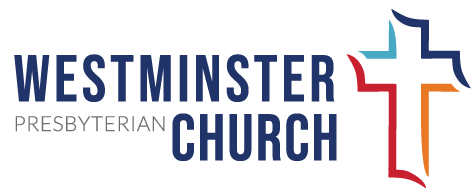
By Sara Kyle
Sara is the editor of the Spire and organizer of the Westminster Seminars
The meaning of covenant in Old Testament stories was puzzling to me as a child in Sunday school. But in 1965 I saw “covenant” grow to embrace a different way of learning and living. The Covenant Life Curriculum came to our Presbyterian church, and Sunday school became exciting. Covenant Life was divided into three themes: the Bible, the church, and Christian life. This was a new, broader approach to Christian education, and it worked for me.
The books were challenging and fascinating. Old Testament study included history and a timeline. The story of the church told its history from the very beginning. I met Augustine, Martin Luther, and John Calvin. My faith started to make sense. In a practical way, I learned that Christian life meant more than simply being a good girl. We were called to actively care for all our neighbors, particularly ones who didn’t look like us or live in our physical neighborhoods. God’s covenant with us embraced all aspects of life and learning as a child of God.
The Covenant Life Curriculum became the foundation of my formation as a Christian. I still have seven volumes that I treasure. The first is titled The Church Is for All People. Indeed!
In March, Old Testament scholar Steven Tuell will lead a Lenten seminar series on God’s everlasting covenants. He will discuss covenants with exalted individuals – such as Noah, Abraham, Moses, and David – and then leave us with how the Lord has an everlasting covenant with the people. This covenant will stay with us forever.
As part of your Lenten journey, join in exploring God’s everlasting covenants at the Westminster Seminars on Sunday mornings. Read more on the church website.
